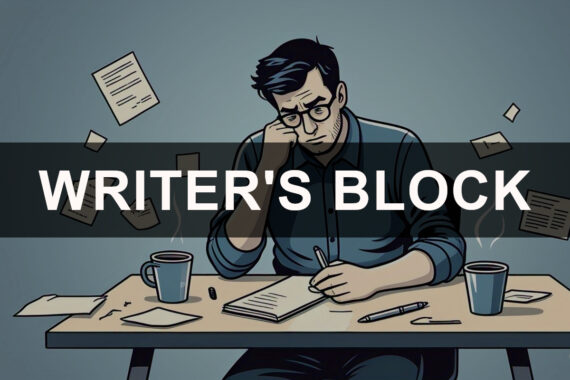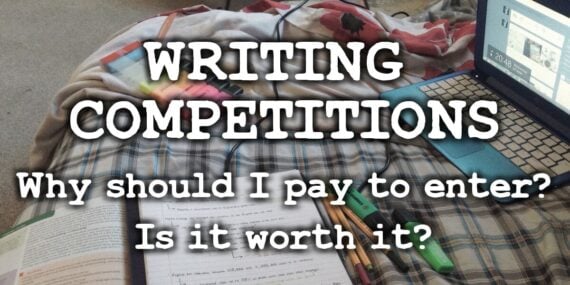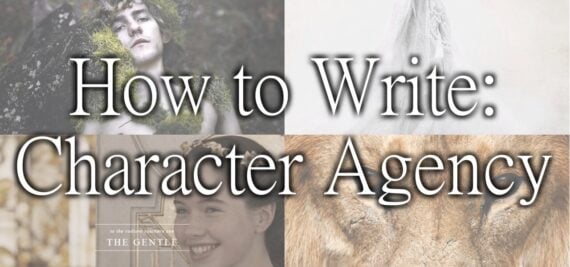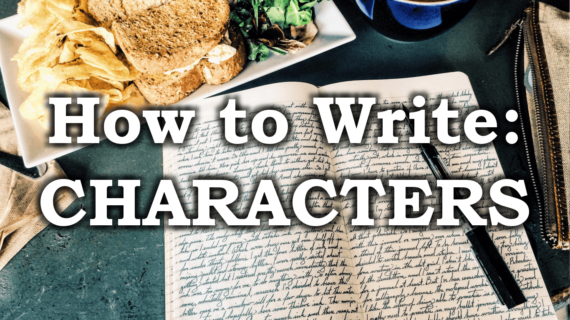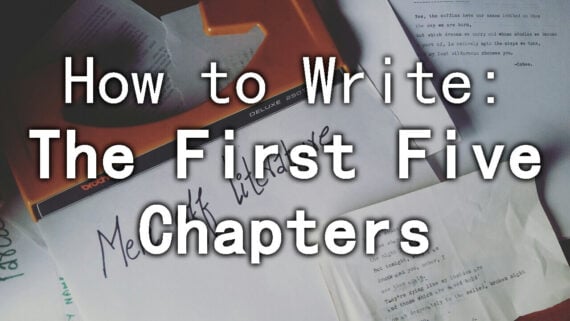Best Dietary Supplements for Writers
In this guide, we explore some of the best supplements you need to give your body and brain a little extra boost. These supplements can help to enhance your focus, creativity, and overall well-being as a writer. Keep reading to discover how to take your writing to the next level.

